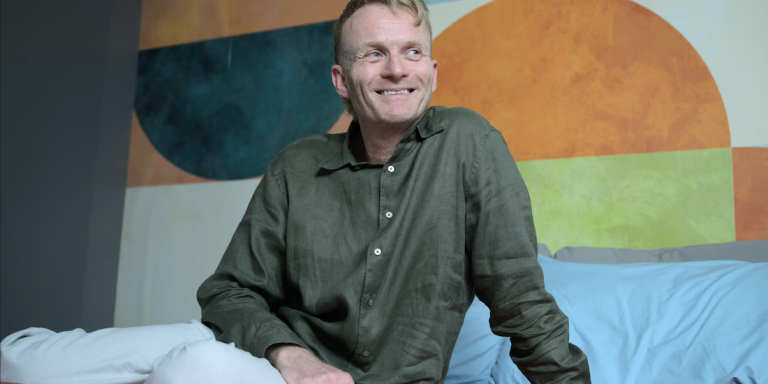
London – In a candid personal essay published by The Guardian, a writer reflects on the decades-long journey of grappling with identity and mental health, revealing how a misdiagnosis of being gay masked a deeper, undetected issue: autism.
Misunderstood for Decades: The Struggle Behind the Mask

For years, the author believed that being gay was the root cause of their lifelong feelings of alienation and struggle.
“I thought it was being gay that made my life so difficult,” they write, recalling the persistent sense of not fitting in, the confusion, and the social challenges that began in childhood and followed them into adulthood.
The essay details how, despite coming out and living authentically, the sense of “otherness” never faded.
A Late Diagnosis That Changed Everything
It wasn’t until age fifty that the author received an autism diagnosis—a revelation that reframed decades of misunderstanding. “Then at 50, I got an eye-opening diagnosis,” they recount, describing the moment as both liberating and heartbreaking. The late diagnosis provided answers for a lifetime of struggles with social cues, sensory overload, and emotional regulation.
“I spent so many years thinking I was broken,” the author writes, “when really, I was just different in a way no one had recognized.”
The Double Bind: Being Gay and Undiagnosed Autistic
The essay explores the intersection of being gay and autistic, noting how societal expectations and stereotypes compounded the difficulty of self-acceptance. The author describes masking behaviors—consciously mimicking others to fit in—as exhausting and ultimately unsustainable. “I thought if I could just be more like everyone else, I’d finally belong,” they admit, “but the harder I tried, the more lost I felt.”
The Power of Diagnosis and Community
Receiving an autism diagnosis brought both relief and grief. Relief, because it explained a lifetime of confusion. Grief, for the years spent blaming oneself for not measuring up. The author highlights the importance of community and understanding, sharing, “Finding other late-diagnosed autistic people was like finally coming home.”
Breaking the Silence: Why Stories Like This Matter
The essay concludes with a call for greater awareness and compassion for those whose struggles are invisible. The author urges readers to look beyond surface assumptions and recognize the complexity of identity. “It’s not just about being gay, or autistic, or any one thing,” they write. “It’s about being seen—truly seen—for who you are.”
#news #breakingnews #autism #LGBTQ #mentalhealth
See: I thought it was being gay that made my life so difficult. Then, at 50, I got an eye-opening diagnosis … (June 5, 2025)